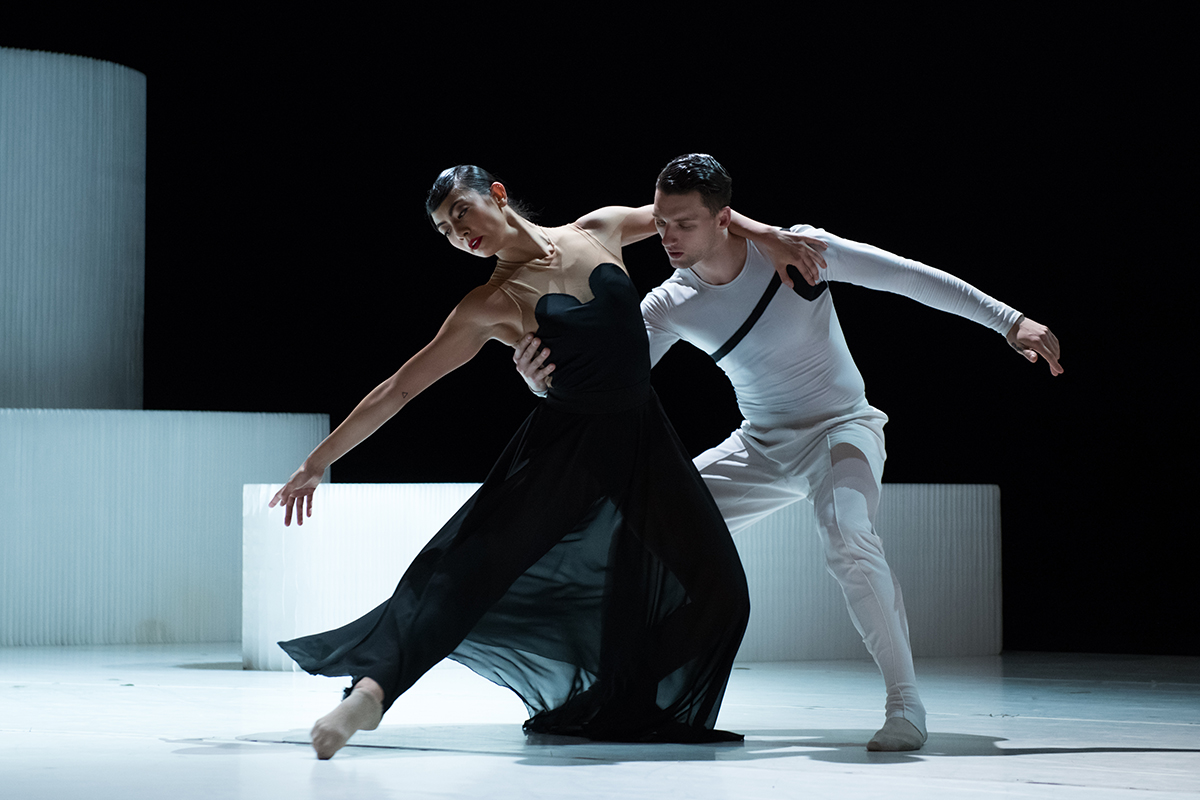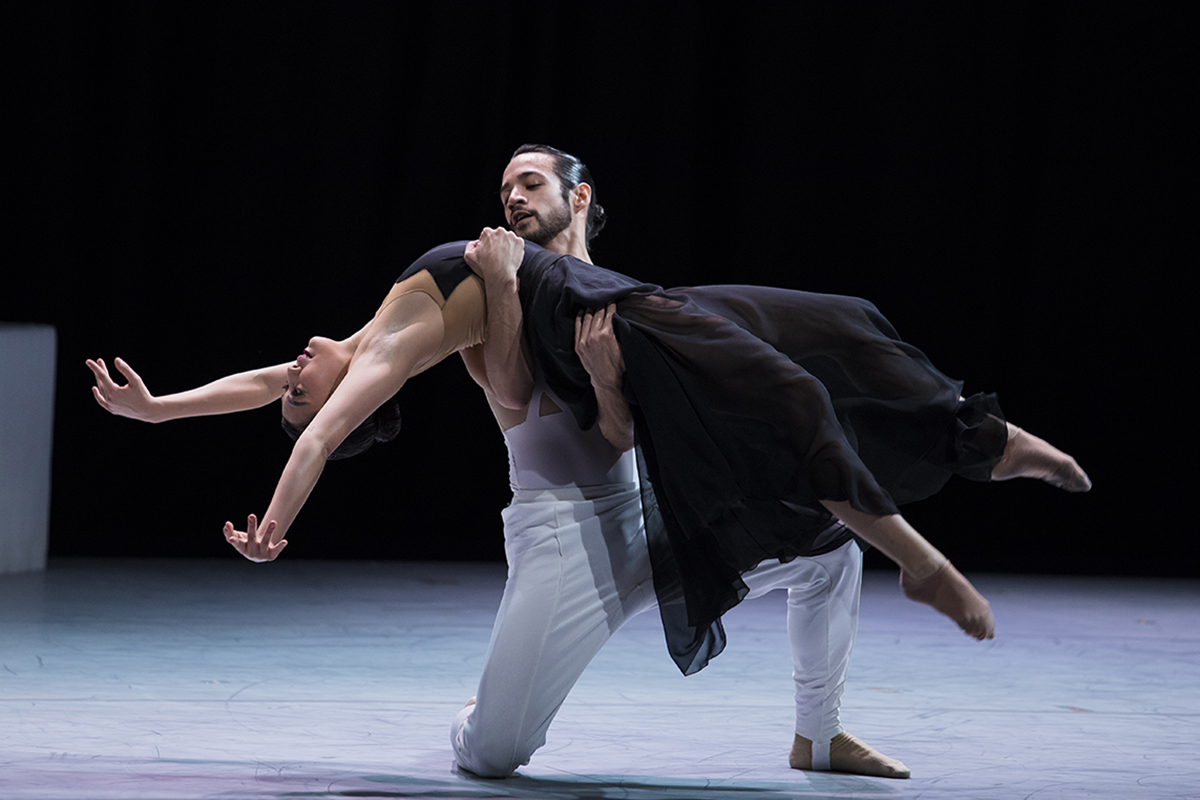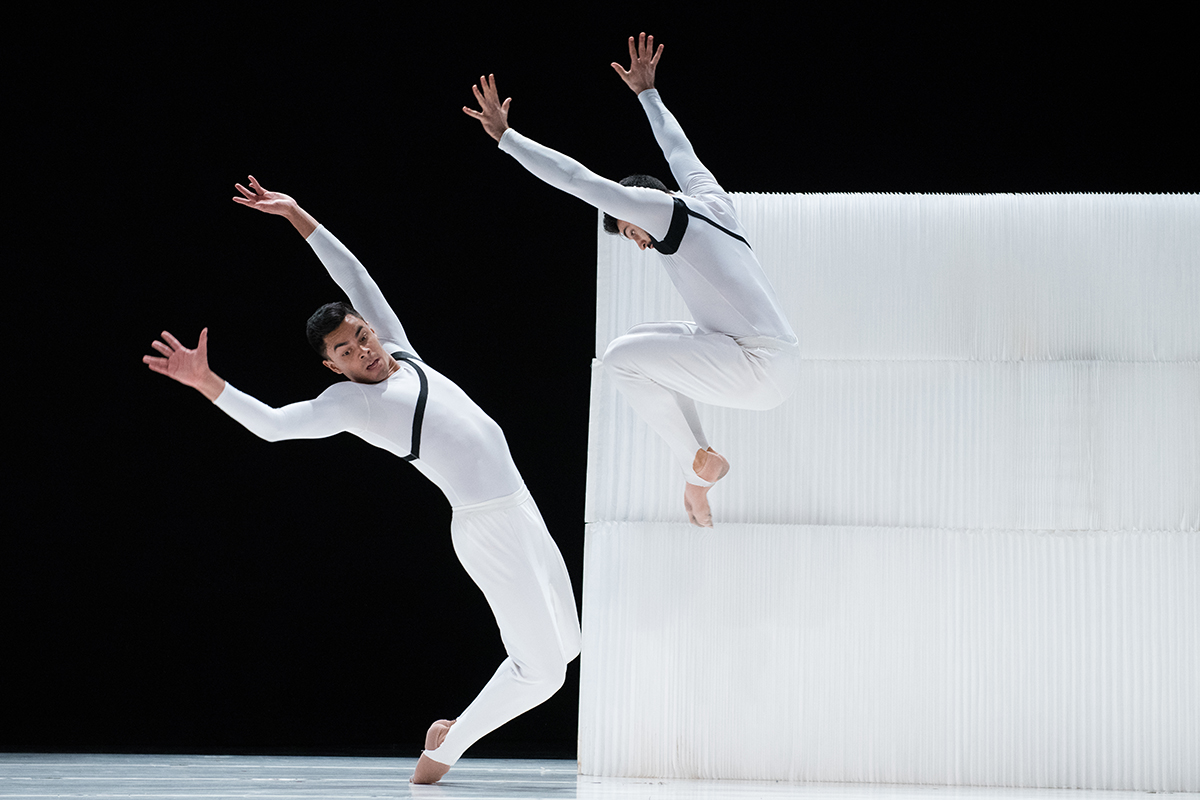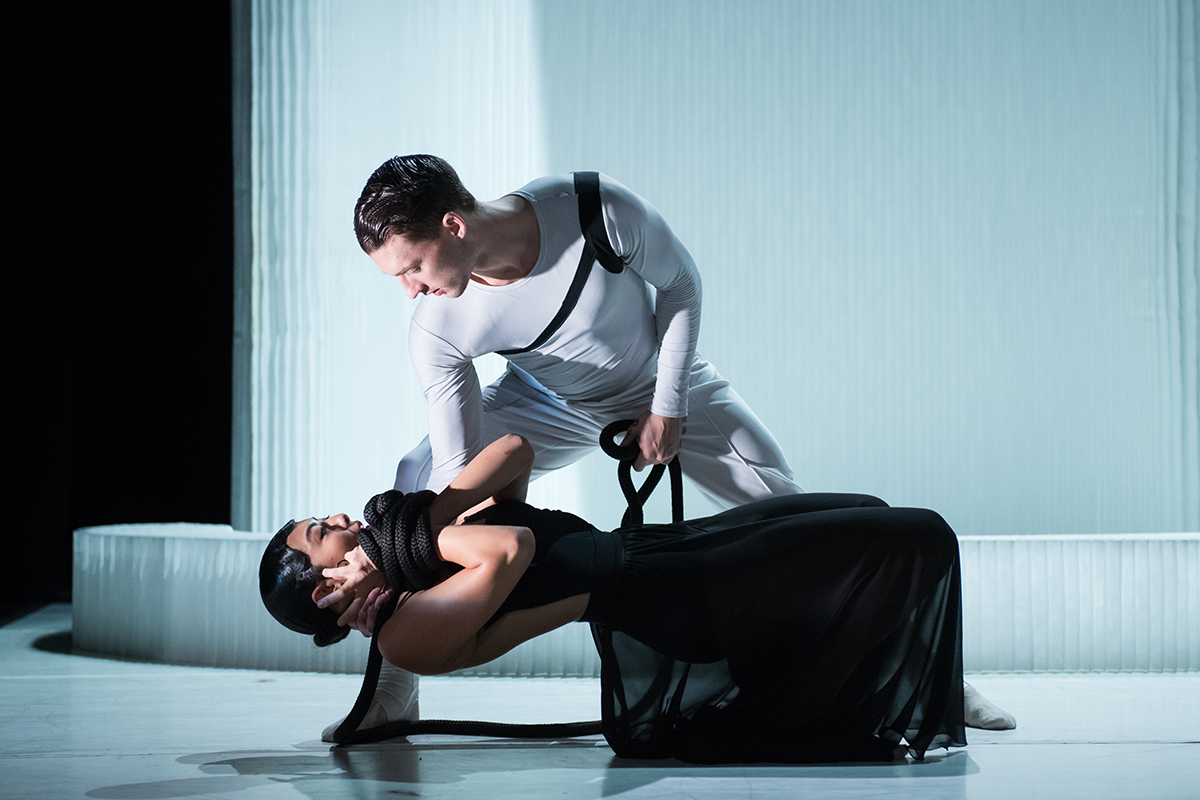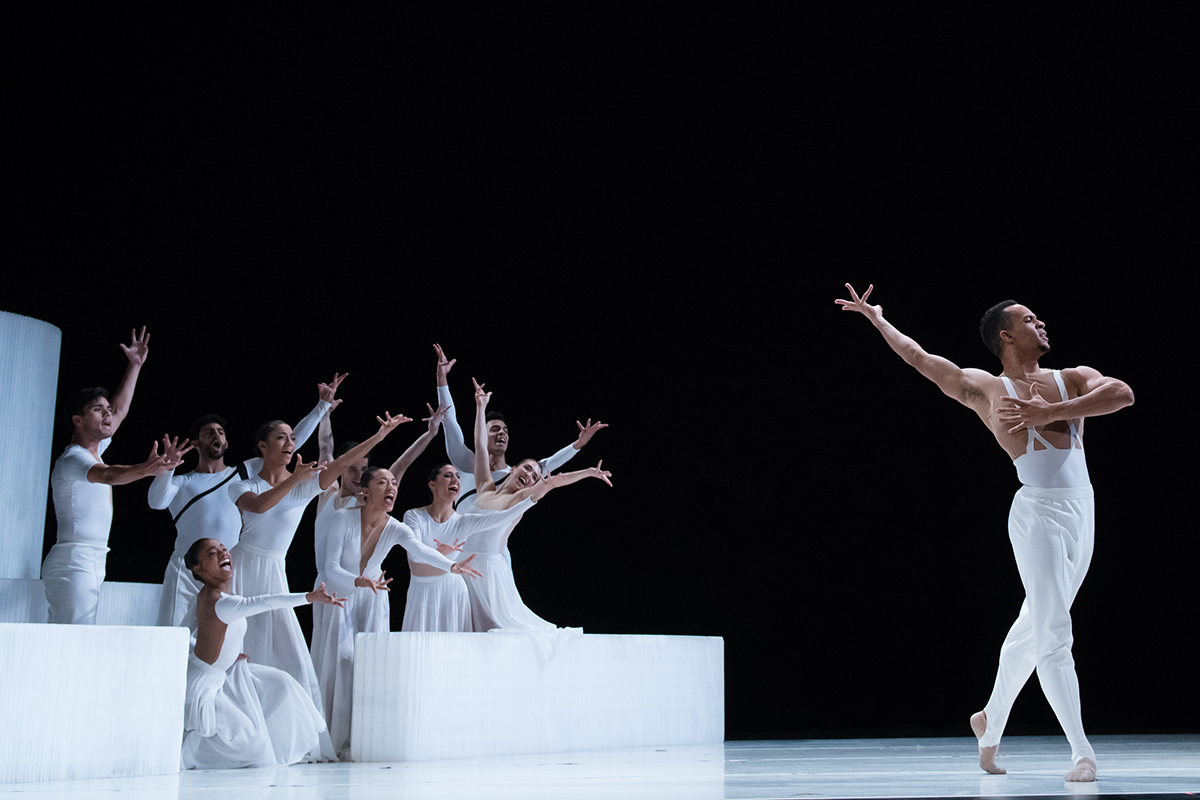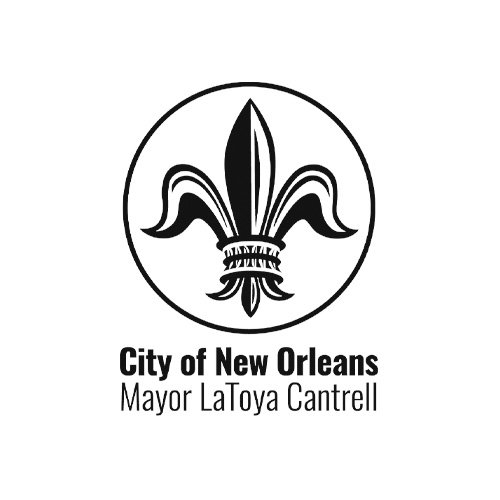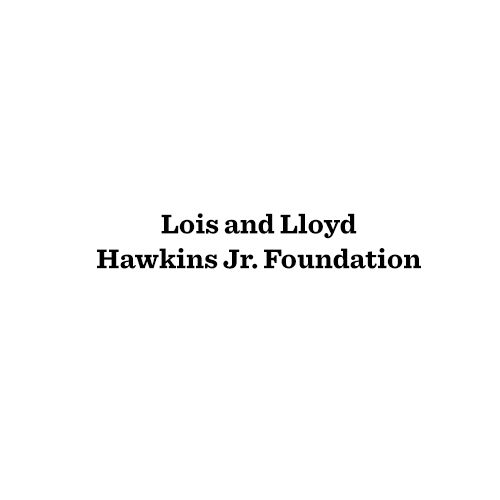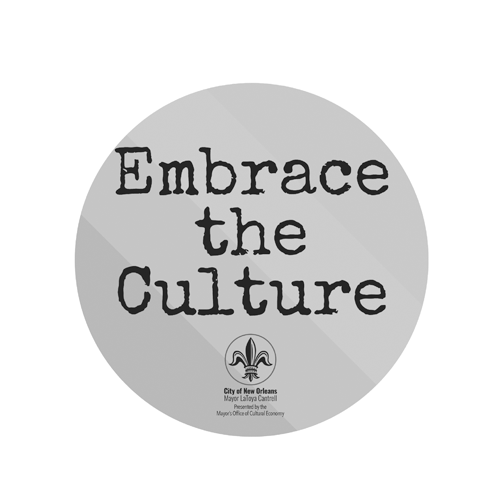Ballet Hispánico – A Timeless Tale in 2025 with Eduardo Vilaro
Sat, Feb 1 | 7:30PM
EDUARDO VILARO ON THE ICONIC HEROINE’S MODERN REBIRTH
What excites you most about bringing CARMEN.maquia to the stage in 2025?
I’m thrilled to be celebrating the 150th anniversary of the Carmen opera. For Ballet Hispánico to take on such an iconic story is a powerful moment. We’re honoring a narrative that has woven itself into the cultural fabric of so many, and we get to bring our unique perspective to it. There’s a little bit of Carmen in all of us, whether we’re men or women. She represents perseverance and a challenge to the status quo—qualities we can all relate to. I love that we’re not just reinterpreting her, but celebrating her as an agent of strength, rebellion, and humanity.
How would you describe CARMEN.maquia in three words?
Suspenseful, passionate, and humorous. Those elements define not just Carmen’s story, but also the energy we bring to this production. It’s a dance between intensity and levity, a constant interplay that makes the narrative so dynamic and timeless.
Carmen is widely known as a French opera, yet it’s rooted in a Spanish story. How does that Spanish influence resonate within a Latine context?
It’s fascinating, isn’t it? The opera was created by two Frenchmen who were inspired by the exoticism of Spanish culture, which was very much a trend of that time. They immortalized us through their lens, and for me, it raises questions about how we’ve been “othered” through storytelling. In the Latine world, we often grapple with representations that we reject. Carmen, for example, is often reduced to a harlot who uses her sexuality for power, but I see her as far more complex. She’s intelligent and strategic. For Latine communities, this version allows us to reclaim and reimagine a character who’s often misunderstood, and through her, reflect on our own legacies of being misrepresented or appropriated.
With so many interpretations of Carmen over the past 150 years, how is CARMEN.maquia different?
The story itself doesn’t change, but the perspective does. We’re bringing a more authentic Spanish flavor to it. Our choreographer is Valencian, and our dancers’ movements and expressions are deeply rooted in their cultural experiences. It’s not just a ballet that’s performed externally or gesturally—it’s something we feel in our bodies. That level of authenticity gives our version a unique, nuanced energy that’s distinctly ours.
How is Carmen’s story still relevant today?
This is one of those timeless narratives, a masterwork that has entered the artistic canon. And while Carmen might not be as universally recognized today as she once was, her story holds immense relevance when you look at it through a modern lens. The way we approach this production is by deconstructing and reconstructing the narrative, allowing us to explore how past stories inform our future. Carmen challenges societal norms, fights for her autonomy, and navigates the complexity of power dynamics—all themes that still resonate today.
Tickets
SAT, FEB 1 | 7:30PM
Mahalia Jackson Theater
New Orleans, Louisiana
Single Tickets on Sale Now.
Ticketing Notice
Tickets to NOBA performances are sold solely through NOBA at nobadance.com or by phone or through Ambassador Theatre Group at mahaliajacksontheater.com.
Tickets sold on any other website are not guaranteed to be legitimate and will not be honored.
ABOUT BALLET HISPÁNICO
Ballet Hispánico was founded on the principle that everyone deserves dance, quality dance training, and innovative performances. In creating the company in 1970, Tina Ramirez shattered a glass ceiling – challenging iconic representations and exposing the joy and celebration to be found in Latindad. Despite its humble origins, Ballet Hispánico immediately served as a catalyst for people in the Latine/x/Hispanic community, especially for Latino youth, to follow their dreams in the cultural world.
Today, as the largest Latino cultural organization in the United States and one of America’s Cultural Treasures, Ballet Hispánico’s three main programs, the Company, School of Dance, and Community Arts Partnerships bring together communities to celebrate the ever growing and multifaceted Hispanic diasporas. Ballet Hispánico’s New York City headquarters provide the space and cultural heart for Latinx dance in the United States. It is a space that expands on Ramirez’s original vision by providing our community the ability to train through dedicated scholarship opportunities, exceptional dance training, inclusive cultural dialogues, and exemplary performances. No matter their background or identity, Ballet Hispánico welcomes and serves all, breaking stereotypes and celebrating the beauty and diversity of Hispanic cultures through dance.
For more information on Ballet Hispánico, visit ballethispanico.org

